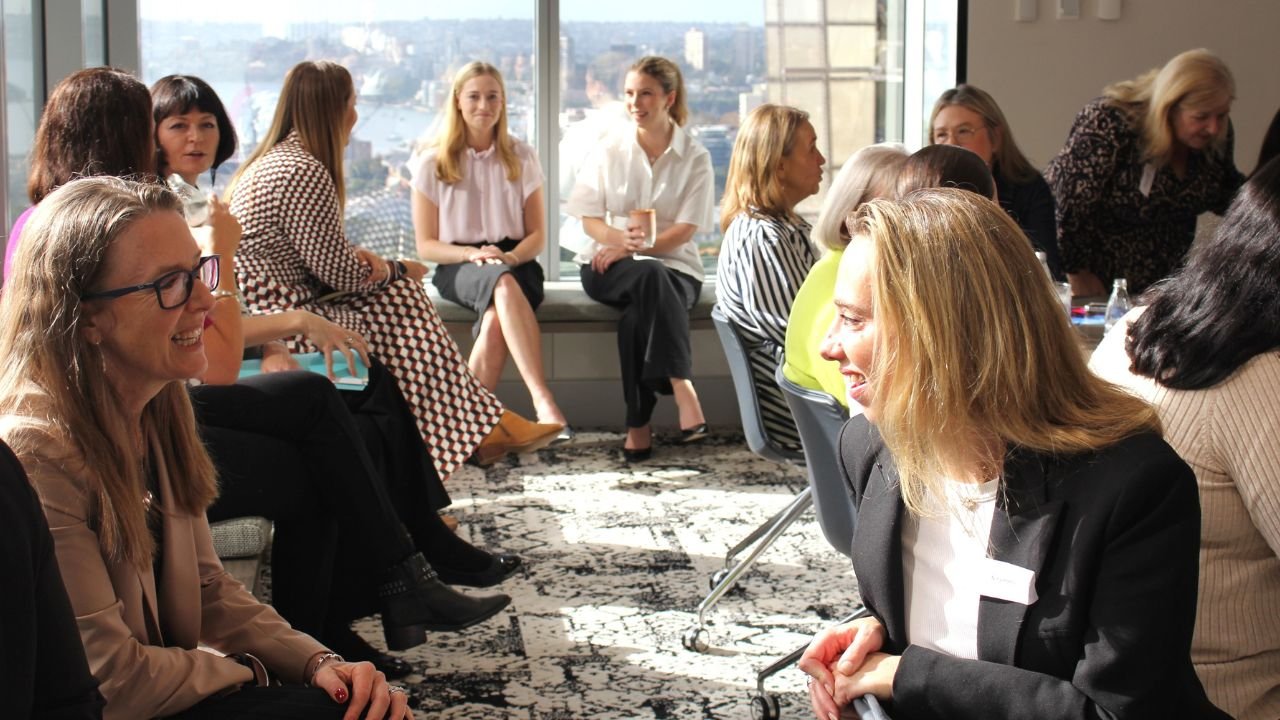UN Women Australia officially launched its Leadership Network – a dynamic, cross-sector coalition designed to foster collaboration, share knowledge, and accelerate progress toward gender equity in Australia.
Announced on Tuesday May 13, the initiative brings together leaders from the private sector, government, academia, and community organisations under the unifying theme “Think Global, Act Local.” The Leadership Network’s mission is clear: to dismantle the systemic barriers that prevent women from fully participating and leading – not only in the workplace, but across all spheres of Australian society.
The timing of the launch is poignant. According to the Workplace Gender Equality Agency (WGEA), Australian women still earn only 78 cents for every dollar earned by men, amounting to an average annual difference of $28,425. Additionally, the gender pay gap remains outside the targeted range for 79% of employers, and the economic cost of gender-based violence in Australia now totals $26 billion annually.

“Convened by the global champion for gender equality, UN Women Australia’s Leadership Network is a unique opportunity to bring together private, government, academic and community leaders to learn, collaborate and drive action,” said Padma Raman PSM, Executive Director of the Office for Women at the Department of the Prime Minister and Cabinet.
Alongside Raman, speakers included Simone Clarke, CEO of UN Women Australia; Dr Meraiah Foley, Senior Lecturer and Academic Director, Equity Diversity & Inclusion at the University of Sydney Business School; Kim Louw, Head of Embedding Equality at Minderoo Foundation; and Jordyn Gray, Founding Director of The Athena Project.
“Clarke emphasised the initiative’s urgency, saying, “While some progress has been made, women remain dramatically underrepresented in leadership across most sectors. This network creates a practical, action-oriented space where organisations and their current and aspiring leaders can collaborate to accelerate positive change.”
Join the UN Leadership Network
The Leadership Network is not just symbolic. It also offers concrete tools for transformation. Member organisations will gain access to UN Women’s international expertise, evidence-based research, and practical resources. Through exclusive events and campaigns, members will be able to share strategies, explore challenges, and co-design innovative solutions to advance women’s leadership, economic security, and safety.
Dr Foley described the initiative as “a timely and practical initiative to accelerate progress toward gender equality in Australian workplaces and beyond. By bringing evidence, insight and cross-sector collaboration together, we can build the tools for real and lasting change.”
The network has already gained early support from a diverse group of founding members, including Zurich Financial Services Australia. Rodney Hanratty, Chief People Officer at Zurich for Australia and New Zealand, said: “Zurich is committed to achieving a gender balanced workforce and closing the gender pay gap, driven by a culture of transparency and accountability. The UN Women Australia Leadership Network provides a valuable opportunity for Zurich to exchange insights, innovate, and engage our people on this important topic.”
Kim Louw from the Minderoo Foundation echoed this sentiment: “Each sector brings unique strengths and resources to the table. By sharing learnings and co-ordinating our efforts, we can #MarchForward and tackle gender equality more effectively.”
The numbers speak for themselves. First Nations women make up nearly one in three victims of intimate partner homicide. Current or former partners killed 37 women in 2024 alone. Women in Australia spend an average of 32 hours a week on unpaid work and care – a figure that’s even higher for single mothers and women in lower-income households. Meanwhile, only 30% of media CEO roles are held by women, despite women comprising 49% of the workforce.
But, the economic case for equality is as compelling as the moral one. For example, closing the workforce participation gap between men and women would add 1 million full-time equivalent workers with post-school qualifications to the Australian economy. And, if women’s workforce participation matched men’s, Australia’s GDP could increase by $30.7 billion by 2050. The gender pay gap alone is costing the Australian economy an estimated $51.8 billion every year.
Moreover, workplace equality doesn’t just benefit women. Companies in the top quartile for gender diversity on executive teams are 21% more likely to be profitable, and more inclusive workplaces see better customer service outcomes, higher employee engagement, and lower turnover.
UN Women Australia’s message is clear: gender equality is not only the right thing to do – it’s the smart thing to do. By fostering peer-to-peer learning and cross-sector connections, the Leadership Network aims to unlock the full potential of women and girls and build a more sustainable, inclusive, and resilient future for all.
Organisations interested in joining the UN Women Australia Leadership Network can find more information at unwomen.org.au/partnerships/become-a-partner





